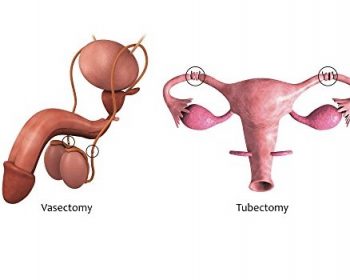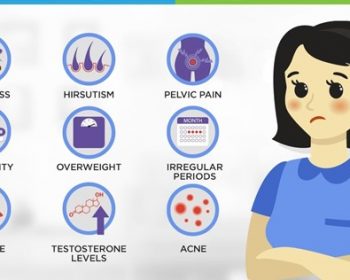
Contraception and its importance
Contraception is the term used for any method or device used to prevent unwanted and untimely pregnancy. There are various ways to prevent pregnancy, like male sterility, where the semen or the ejaculation does not contain any sperm, thus preventing the sperm from reaching the egg; using a spermicidal that kills the sperm inside the female reproductive organs; or a method that prevents a fertilized egg from being implanted in the uterus.
There are various reasons for using contraception. People have specific reasons for using birth control, which could be health-related, sexual, religious, financial, or a personal choice.
The importance of contraception or birth control lies in giving women or couples the independence to choose when they want to get pregnant while enjoying their sexual lives. If one thinks that they are not ready to have a baby now or that having a baby might get in the way of their goals, then contraception is the best solution.
Individuals may choose one form of contraception over another depending on their and their partner’s preference, accessibility, availability, costs, and effectiveness of the various contraceptive methods.
Contraception is important as it gives individuals the opportunity to delay having children until they are more stable and financially secure in their lives. Often women might decide to not get pregnant with their current sexual partner, and contraception helps with it.
Contraception also helps improve maternal and child health since having more children leads to lower quality of life for mothers and their children. It has also helped reduce maternal mortality rates, that is, the number of pregnancy-related deaths among mothers.
Contraception also helps delay pregnancies in young girls, who are at increased risk of health problems due to early childbearing, as well as prevents pregnancies among older women, who face increased risks due to age. These are some of the important health benefits of using contraceptive methods.
Some contraceptive methods like male condoms also protect against sexually transmitted diseases (STD) between partners and promote safe sex.
An added benefit of contraception is a reduction in unsafe abortions by reducing the rate of unintended pregnancies. It also reduces HIV transmissions from mothers to newborns. It helps women participate more fully in society since it takes away the burden of unwanted pregnancies and also creates more opportunities for them, including paid employment.
Most scientific contraceptive methods prevent pregnancy by 90-99%. Hence, individuals can use two contraceptive methods at the same time, like using a condom even when either of the partners has undergone sterilization or the woman has an IUD implanted.
The contraceptive method used during sexual intercourse should be a voluntarily informed choice of contraception. Contraception and safe sex should be a shared responsibility between both sexual partners.
For enquiries and online appointments, visit www.DivakarsHospital.com
You can seek 2nd opinion with Dr Hema Divakar and other specialist doctors through the Divakar’s Hospital app which can be downloaded from Google Play Store or ios here – https://bit.ly/2C5cW1e
Subscribe to Divakars Hospital YouTube Channel and stay updated on videos related to pregnancy and women’s healthcare. Subscribe here – https://bit.ly/3Avct4w







